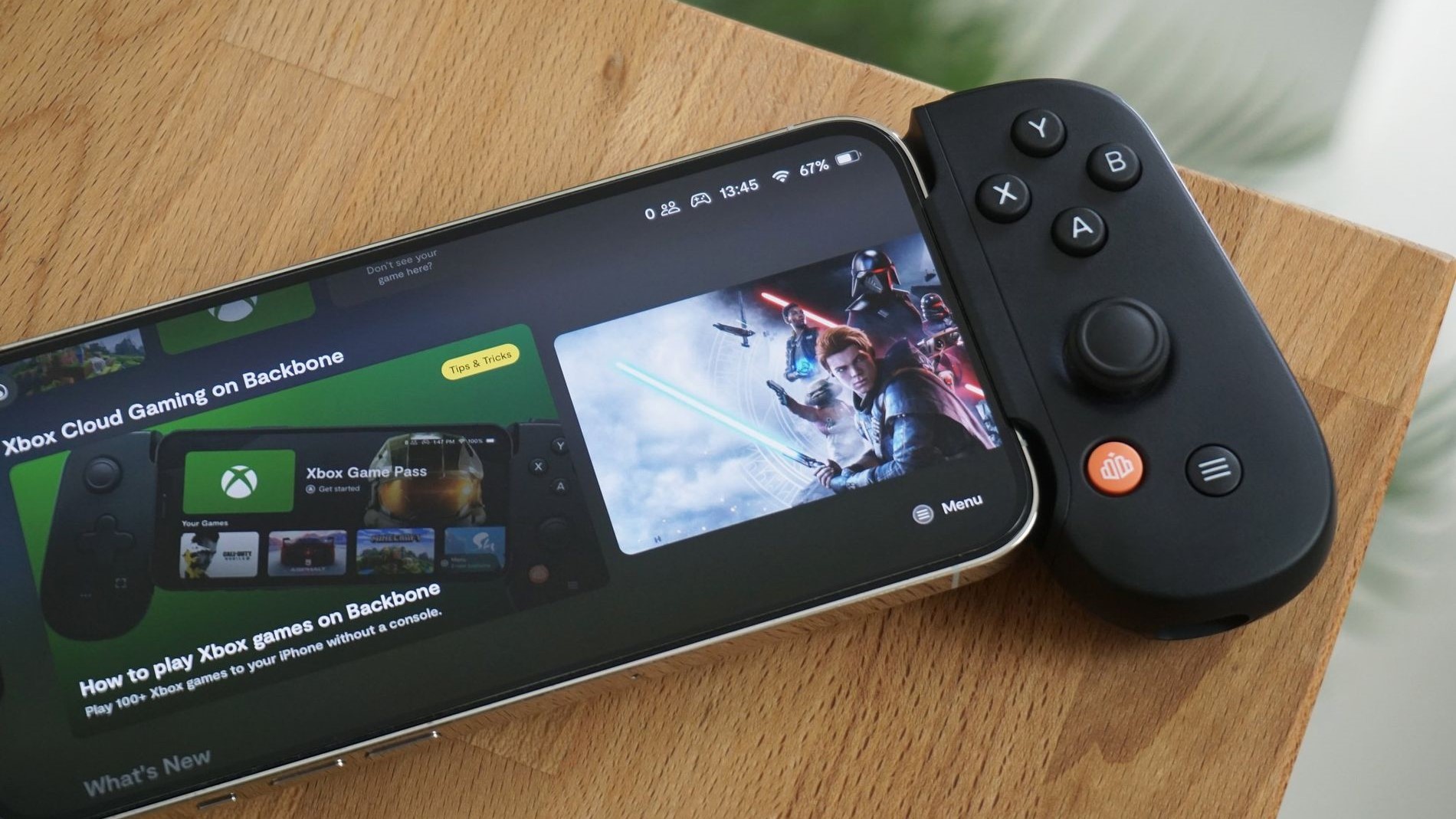If Microsoft is to get serious about HoloLens and Mixed Reality, it needs Xbox
Mixed Reality is nothing without gaming.
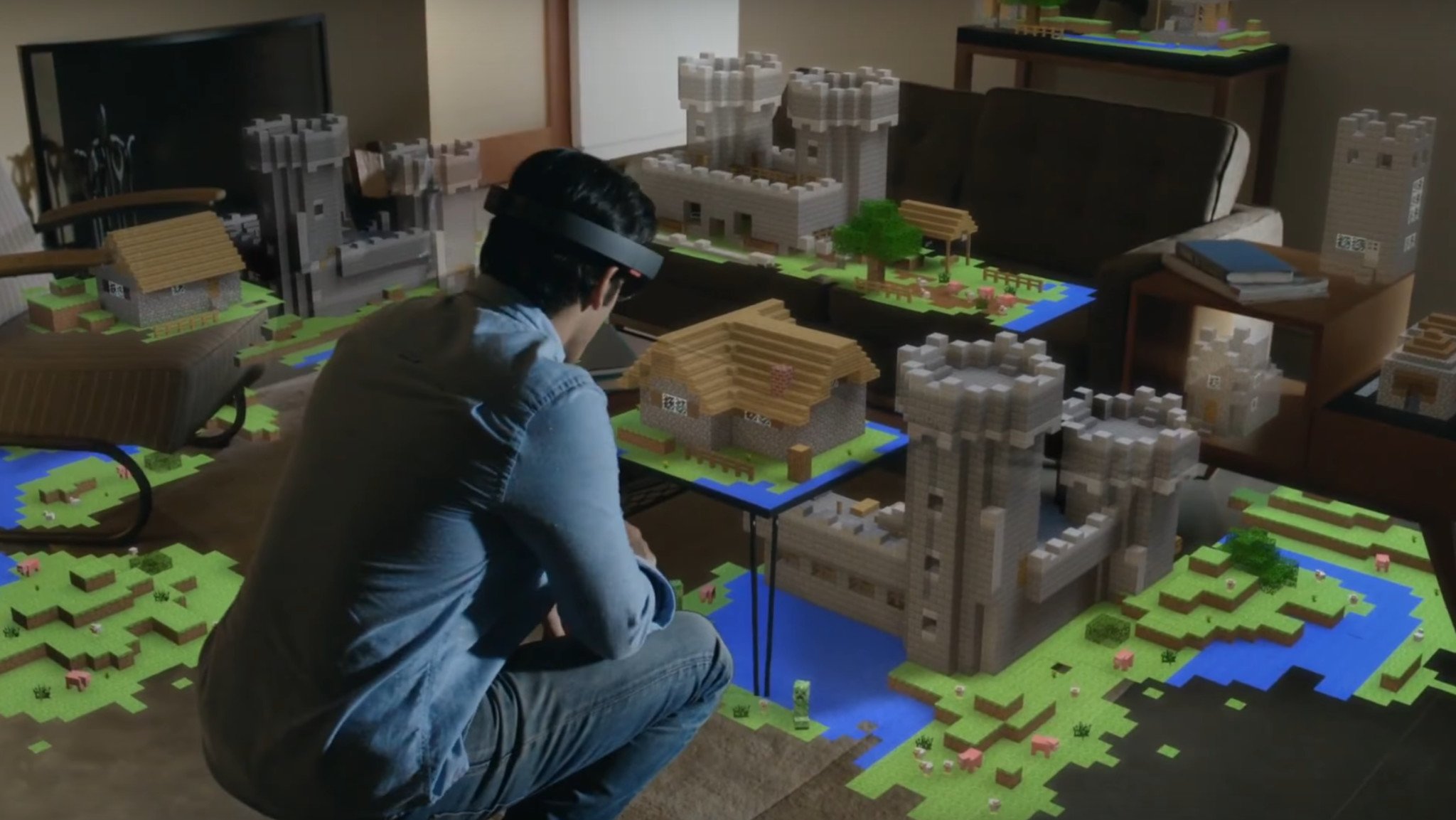
HoloLens has been in the news this week for all the wrong reasons. A wide-ranging report has claimed that Microsoft's Mixed Reality division is dogged by internal in-fighting and poor leadership and that a prospective HoloLens 3 has been canceled. Mixed Reality lead Alex Kipman seems to claim that both are untrue, but given the lack of real movement, one has to wonder.
For those who don't know, HoloLens is Microsoft's augmented reality headset that enhances your field of view with hologrammatic representations of windows from, well, Windows. Using a headset and a Bluetooth-connected keyboard and mouse, you can go screen-free, adding as many windows and programs as the headset's RAM will allow. Famously, the U.S. military spent billions on Microsoft's HoloLens division, to explore ways the headset could be used to augment soldiers in the field. Microsoft has also demonstrated its metaversal workspace, dubbed Mesh, and made a range of soft VR purchases, such as AltspaceVR.
However, the bulk of mindshare rests firmly in one space in which Microsoft's Mixed Reality very barely exists: Gaming. If Microsoft has any real serious aspirations in the Mixed Reality space, it really needs to look to consumers to shift mindsets, similarly to how gaming blew up PCs in the '90s.
Windows Mixed Reality has no value with consumers
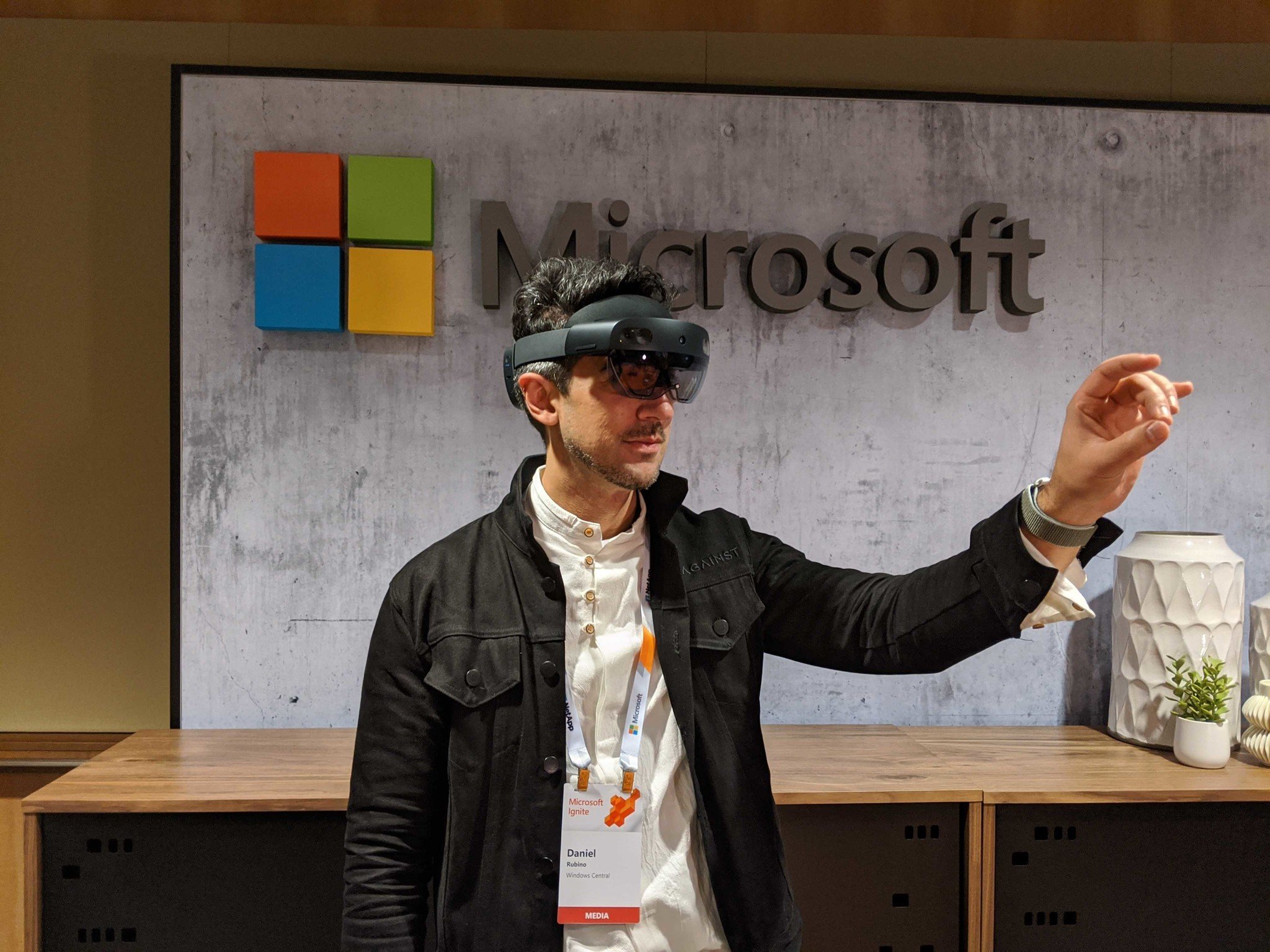
As a kid of the '90s, I recall my first experiences with computers at school. Word processing was fine, but it was really MS Paint that really sparked my imagination and made me curious about where the technology could go. Xbox's mission statement is, "When everybody plays, we all win," and I feel like HoloLens could use a healthy dose of that.
Most of Microsoft's Mixed Reality aspirations revolve around business-to-business applications, and I think this is a pretty shallow strategy.
Sure, Windows Mixed Reality has dabbled with games here and there. You can play Minecraft Bedrock in VR. You can also use Windows Mixed Reality headsets with SteamVR. But this is bare-bones basic stuff. We haven't seen any first-party efforts to make a dedicated VR game. Beyond Minecraft, we haven't seen Microsoft adapt any of its existing games for VR either. Microsoft previously said that the Xbox Series X|S would support VR, before walking the plans back.
Right now, most of Microsoft's Mixed Reality aspirations revolve around business-to-business applications, and I think this is a pretty shallow strategy. It's easy to persuade a random boardroom exec that the "metaverse" is the next big thing with a flashy pitch, but I'd argue that with VR and AR, cracking consumers is the true test of whether this new tech has any real value outside of pure hype. Right now, there are certainly signs that it is pure hype.
Time to bring the "metaverse" to the "actualverse"
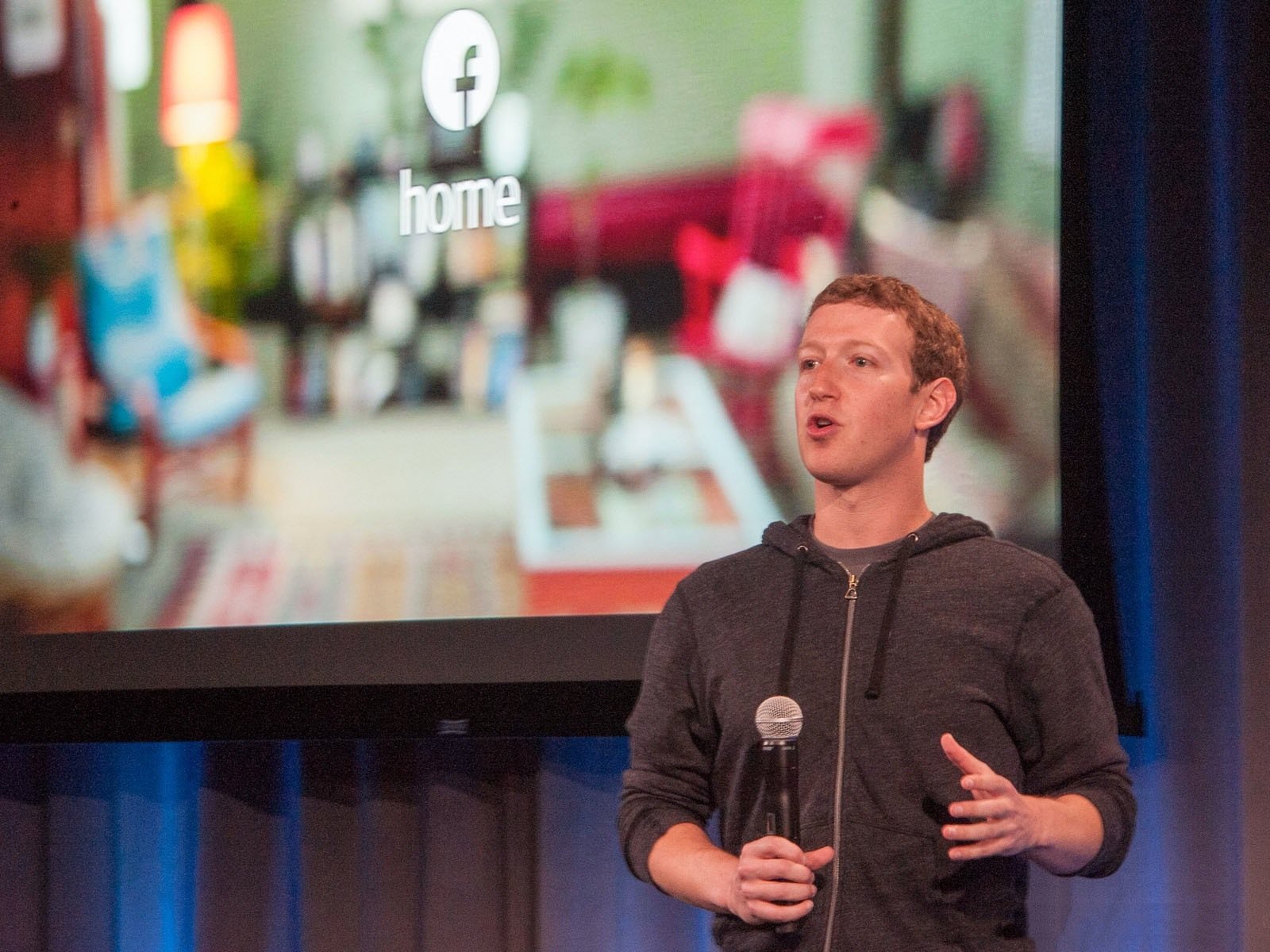
This week, Facebook's share price cratered, marking the largest single-day plummet in U.S. company history. Over $200 billion was wiped off Facebook's market cap, as investors react poorly to privacy woes affecting their ad business. On top of that, Facebook's rebrand to "Meta" doesn't seem to be resonating either. The company is bleeding away billions of dollars to grow its Oculus headset business, in an all-or-nothing attempt to redefine the internet itself. You may have heard of the latest tech fad "Web3," which loosely describes a diaspora of NFT and blockchain tech, merged with VR and AR. But if Facebook's share price is any indication, Wall Street isn't buying the bullshit.
Get the Windows Central Newsletter
All the latest news, reviews, and guides for Windows and Xbox diehards.
It's somewhat reassuring to listen to Microsoft CEO Satya Nadella talk about the "metaverse." Unlike the general consensus on what the metaverse "is" Microsoft takes a more grounded view. Microsoft refers to Minecraft as a metaverse, for example, in their attempts to reframe the idea of Web3 away from virtual reality, and back to actual reality.
Facebook needs the world to believe that the metaverse is a VR-exclusive thing, because the only hope it has for growth is prying you away from platforms like iOS. Apple's new privacy controls have wiped billions off Facebook's value, as the quality of its ad-targeting algorithms nosedive. Facebook is hoping that it can take you away from your phone or tablet — with privacy features it can't control — and push you towards a device that actively prevents you from using your phone by literally strapping itself to your face.
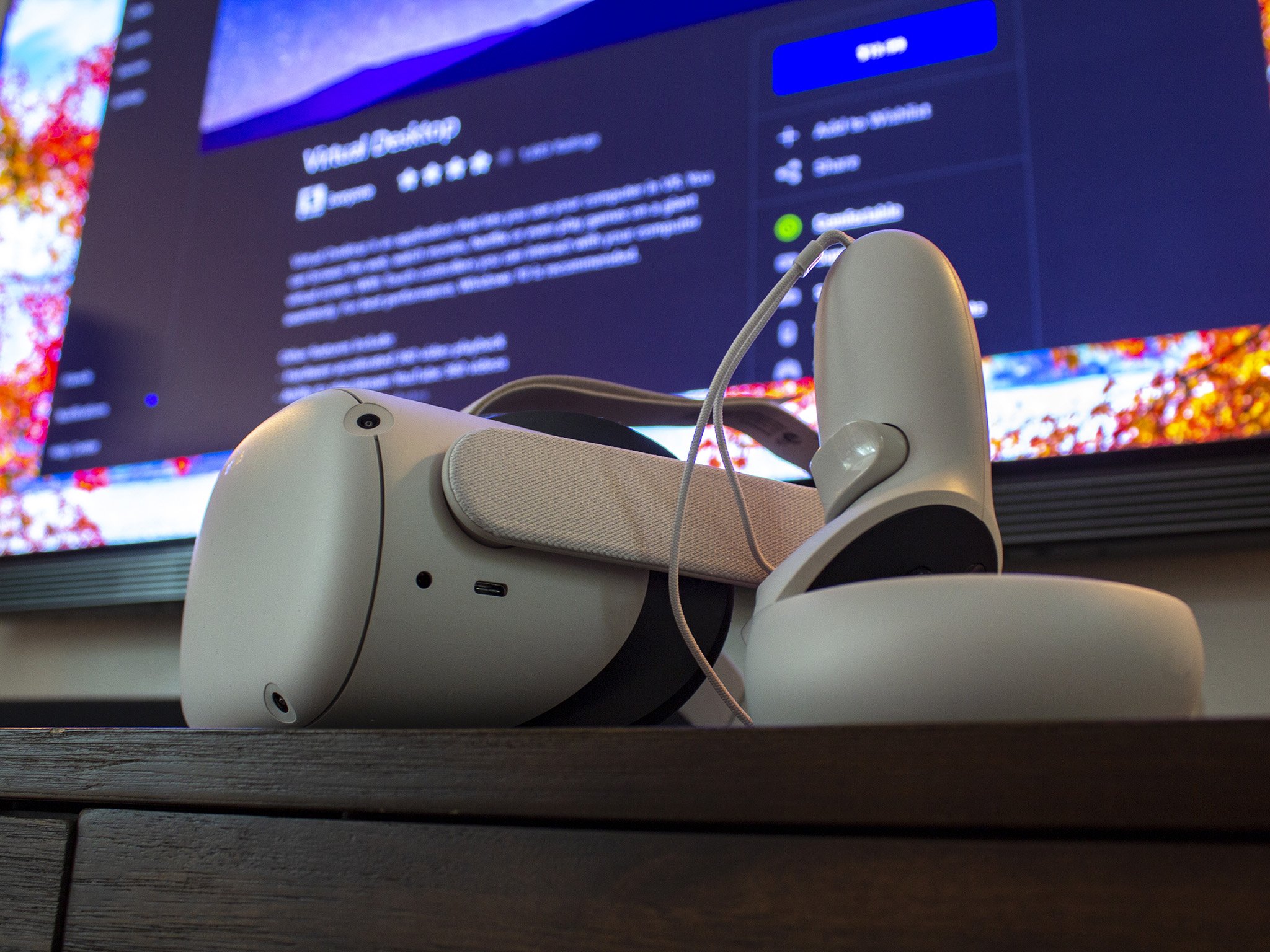
In reality, nobody actually wants to wear a thing on their head for any serious length of time. The Oculus Quest 2 (now Meta Quest 2) is by far the most comfortable headset out there, but it's still a fatiguing, exhausting device to use cognitively and physically. And yes, over time you can get used to it, but only enthusiasts are going to want to deal with that aspect of it.
The real opportunity Microsoft has here is that HoloLens isn't anywhere near as fatiguing to use. Being able to see through the virtual world ensures your mind remains grounded. AR also has unique potential for gaming and consumer fun — from digital art apps, to virtual chess, to stuff like Dungeons & Dragons, and beyond. Yet Microsoft has done nothing to explore this, and of course, HoloLens remains prohibitively expensive, costing thousands of dollars.
Microsoft could reframe the metaverse narrative
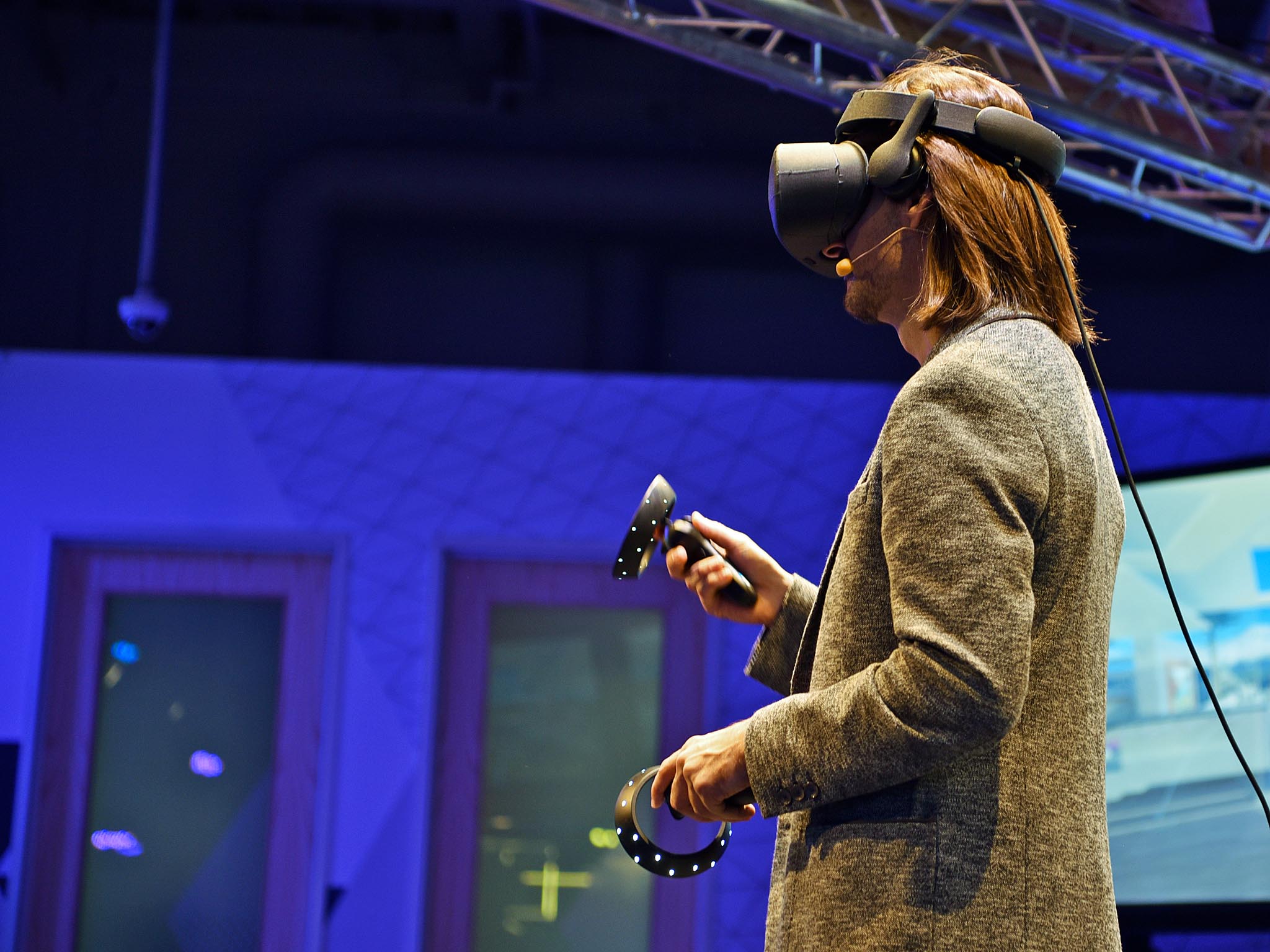
Anyone suggesting that the metaverse or VR is going to replace phones or TV gaming is either misguided or a Facebook shareholder. Facebook needs VR to replace phones so it can ramp up the information it has on you, but the reality is that most of us won't be using one of these massive, laggy, low-battery life headsets for basic internet things like social media or work.
VR and AR experiences have their place, but it's time to shelve this thought process that any of these features is going to replace existing paradigms anytime soon. The convenience of working from a laptop just outstrips Facebook and Microsoft Mesh's dumb avatar workspaces. And the convenience of gaming on a sofa from your TV or on your phone is more comfortable than strapping a headset to your face. Yet still, VR is great in short bursts. Beat Saber is a great game for burning calories, and Half-Life: Alyx proved that VR games with high production values can become incredible and memorable experiences, rather than a transitory novelty.
Microsoft already lost mobility to closed platforms. And sure, there's no guarantee that virtual reality will ever blow up in the same way, but what if it did?
I think it's a mistake for Microsoft to focus entirely on business applications for Windows Mixed Reality. If Microsoft introduces their platforms to the world through half-baked, expensive, and forced business applications like cringe cartoon 3D Teams meetings, everyone using them is just going to resent the entire platform. Introduced to people through the medium of fun and creativity has to come first, in my view, and Xbox could potentially help out here.
Microsoft's metaverse mentality is far healthier than Facebook's. Facebook wants to control the internet itself, but Microsoft wants to bring the content to you, no matter where you are. Right now, Facebook's Meta aspirations seem like a bit of a joke, but there's a chance that they, or even Apple, might someday figure it all out. They aspire to redefine the internet itself, where VR is the default rather than supplementary, and platforms are wholly closed and controlled by a few megatech corps.
Microsoft seems to want to reframe the narrative about what actually constitutes a metaverse, through the lens of their open-platform Windows ethos. Microsoft already lost mobility to closed platforms. And sure, there's no guarantee that virtual reality will ever blow up in the same way, but what if it did? Microsoft has an opportunity to avoid the same situation with Mixed Reality down the line. If they're actually serious at all about all of this stuff, they need to reach consumers in the interim — and to do that, it needs gaming, it needs creativity, it needs Xbox.

Jez Corden is the Executive Editor at Windows Central, focusing primarily on all things Xbox and gaming. Jez is known for breaking exclusive news and analysis as relates to the Microsoft ecosystem while being powered by tea. Follow on Twitter (X) and Threads, and listen to his XB2 Podcast, all about, you guessed it, Xbox!
